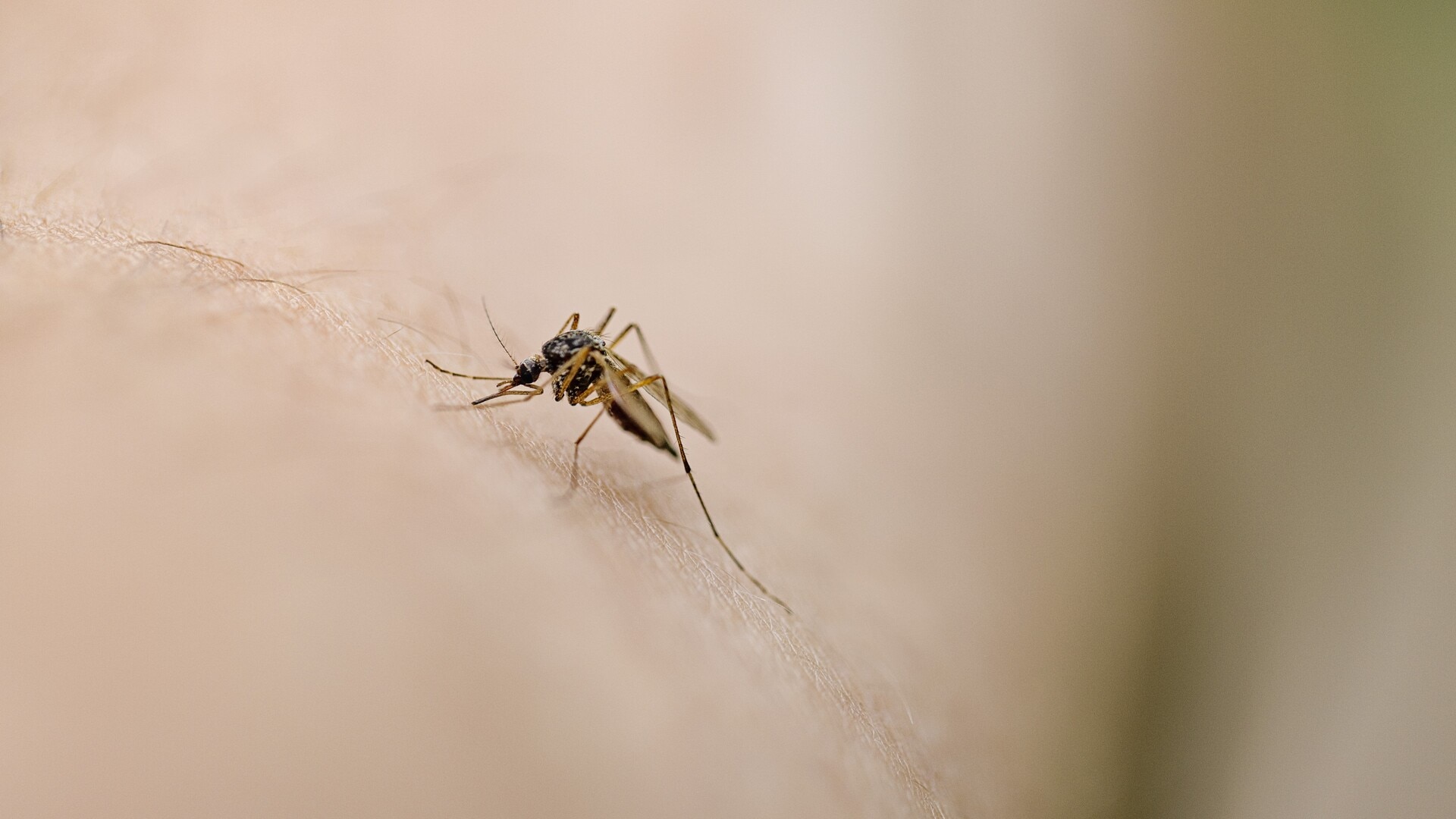Two more cases of malaria detected in Queensland, brings infection total to 71
Two more locally acquired cases of the life-threatening disease are being investigated in the Sunshine State, bringing this year’s total to 71.

Illness
Don't miss out on the headlines from Illness. Followed categories will be added to My News.
An outbreak of a potentially fatal disease continues in the Sunshine State as authorities race to investigate two more locally acquired cases, bringing the total number of infections this year to 71.
Queensland Health confirmed a second locally acquired infection was recently identified in the Torres Strait Islands local government area.
Ninety-seven per cent of the cases this year to date have come from overseas, predominantly Papua New Guinea and Solomon Islands.

It is a major increase in numbers, with 69 infections recorded in the same period in 2024, 50 in 2023, 20 in 2022 and only four in 2021.
The presence of floodwaters is believed to be a key reason for the spike.
Malaria is preventable and curable, and is not able to be passed from person to person, but rather spread through the bites of some infected Anopheles mosquitoes.
“We don’t have mosquitoes capable of passing malaria on all throughout the country, but certainly in the more tropical parts of our country, the Northern Territory and northern parts of Queensland,” Mater Health infectious diseases director Paul Griffin said.
“That’s why in those areas we need to give people that advice to make sure we reduce the chance of local transmission.

“With more significant types of malaria, the severe consequences can be involvement of the brain, so cerebral malaria and even death,” he told ABC News.
“It is something that we do need to take seriously and make sure we take steps to limit how much it is able to be passed on in our country.”
According to the World Health Organisation, the most common early symptoms of malaria are fever, headache and chills.
They typically start within 10 to 15 days of getting bitten by an infected mosquito.
More Coverage
Originally published as Two more cases of malaria detected in Queensland, brings infection total to 71




